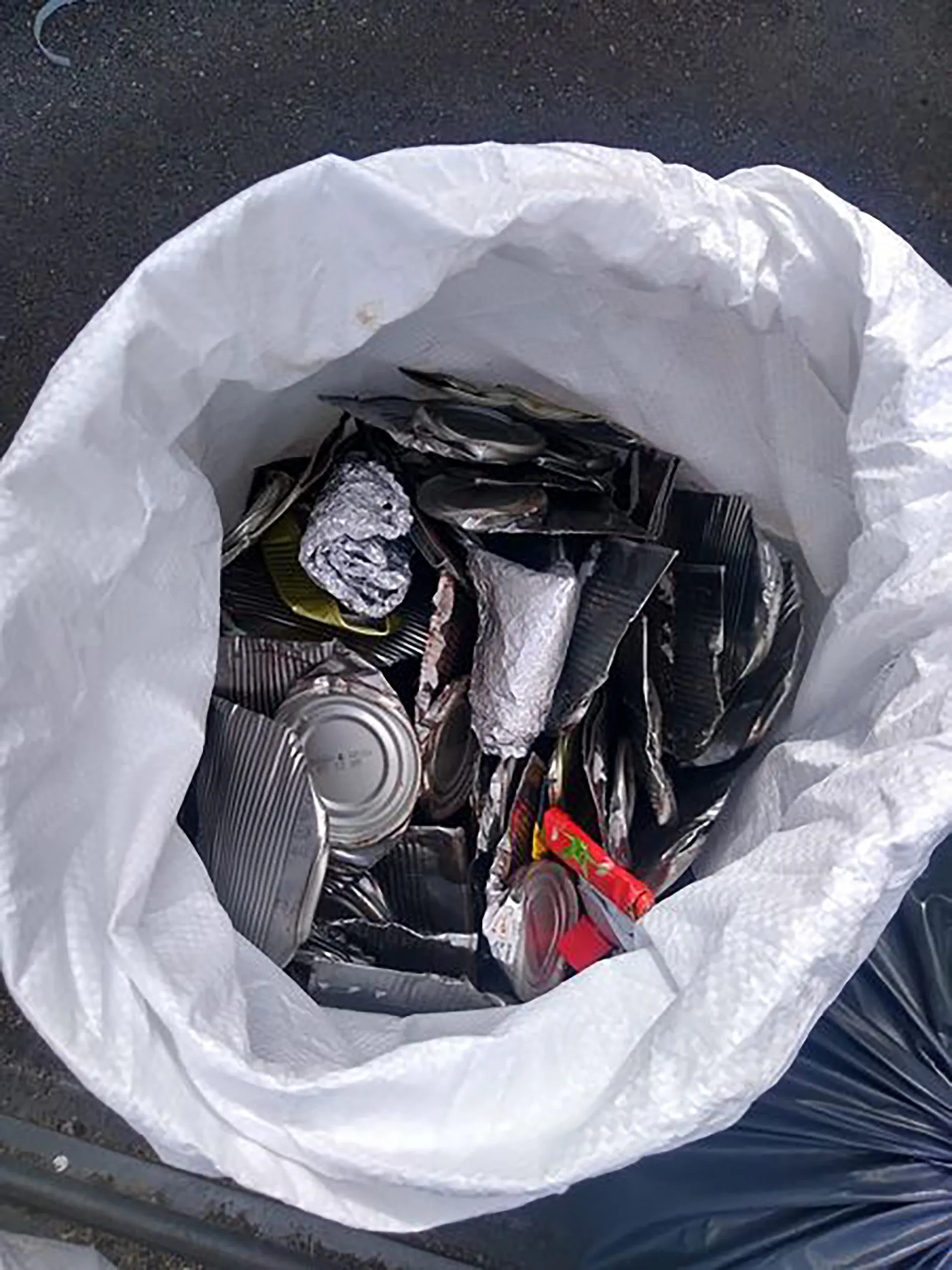Sustainability has become crucial in many industries. Last year, Agecko sponsored Guy Waites in his Golden Globe Race. His achievement highlights human endurance and the importance of waste minimisation.
Guy Waites and waste minimisation
During his solo journey, Guy had to manage resources carefully. Waste minimisation was essential because every piece of waste could slow his progress. As part of the Golden Globe Race rules, Guy had to keep his waste under control. Excess weight on the boat could have delayed his journey.
Guy made conscious choices to reduce, reuse and recycle materials. His actions show how small changes can help limit environmental impact.
Ocean litter and its impact
We cannot ignore the issue of ocean litter. It poses a major threat to marine life. Plastic, fishing gear and other waste harm marine animals and disrupt ecosystems. The issue also affects the seafood we consume.
To combat this, all seafarers must think like Guy Waites. Everyone must take responsibility for the waste they produce at sea. By adopting sustainable practices and raising awareness, we can protect our oceans.
Waste management in business
In the business world, waste management is just as important. Companies must adopt sustainable practices to reduce their environmental impact. Agecko offers solutions to help businesses minimise waste. We focus on reducing CO2 emissions, lowering vehicle movement and maximising recycling.
The Golden Globe race: A call to action
The Golden Globe Race reminds us that waste minimisation is essential for everyone. From sailors to businesses, we all need to reduce our environmental footprint. Through innovation and a commitment to the waste hierarchy, companies like Agecko are helping businesses reduce costs, vehicle movement, CO2 emissions and maximise recycling and rebates.
By minimising waste and embracing sustainable practices, we can all contribute to a better and greener world. Agecko helps businesses lower their waste and carbon emissions through sustainable waste management. Together, we can work towards a greener future.
A few words from Guy Waites:
Guy shared his experience with waste aboard his boat. He highlighted the importance of recycling and managing food packaging. He reused cans, flat-packed foil and separated waste by type. This allowed him to store waste efficiently on board. Once back on land, he recycled the waste at a local facility.
“In spite of all the struggles and obstacles, we have all achieved a great deal in completing our circumnavigation together. It has always been a team effort. Even when I was alone in the middle of the oceans, everyone who has helped me get to the start line has been my motivation to finish!
Waste management aboard a small boat, even for one person, is an important issue that cannot be underestimated. The overwhelming majority of waste on board was food packaging related, perhaps not too different to most households.
Space and weight are limited aboard a boat. You must also consider how much waste you can recycle after each meal. This includes cans, bags, glass jars, plastic bottles and more.
Guy Waites’ approach to waste management on the boat
I handled the situation by using as much recyclable packaging as possible. I rinsed food containers to get the most out of each can. This helped reduce odours during the long months of storage in a damp environment.
Space saving measures were taken by crushing metal cans and flat packing both foil and plastic food bags. Deliberately separating waste in to types e.g., metal, glass, plastic, paper etc.
Once back ashore in Les Sables d’Olonne we were able to easily recycle the waste stored aboard Sagarmatha at a local recycling facility, even the bags used to store the waste were made from reusable or recyclable material.”
